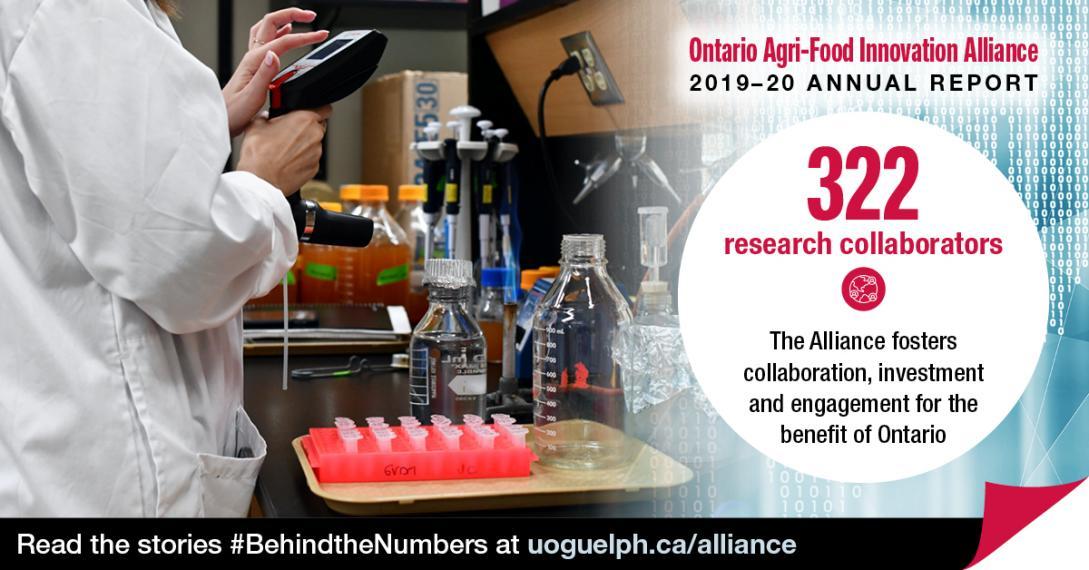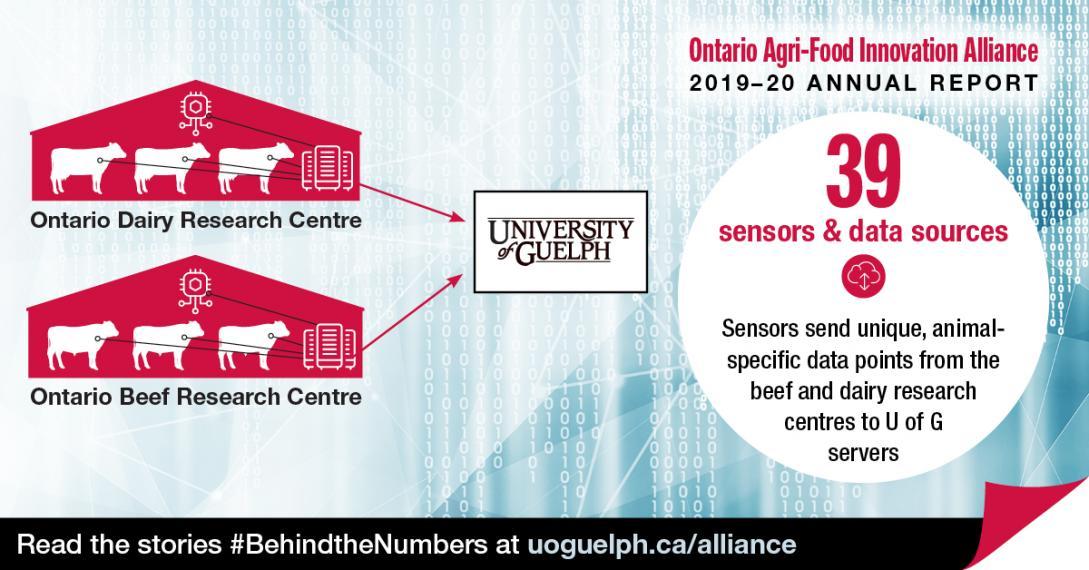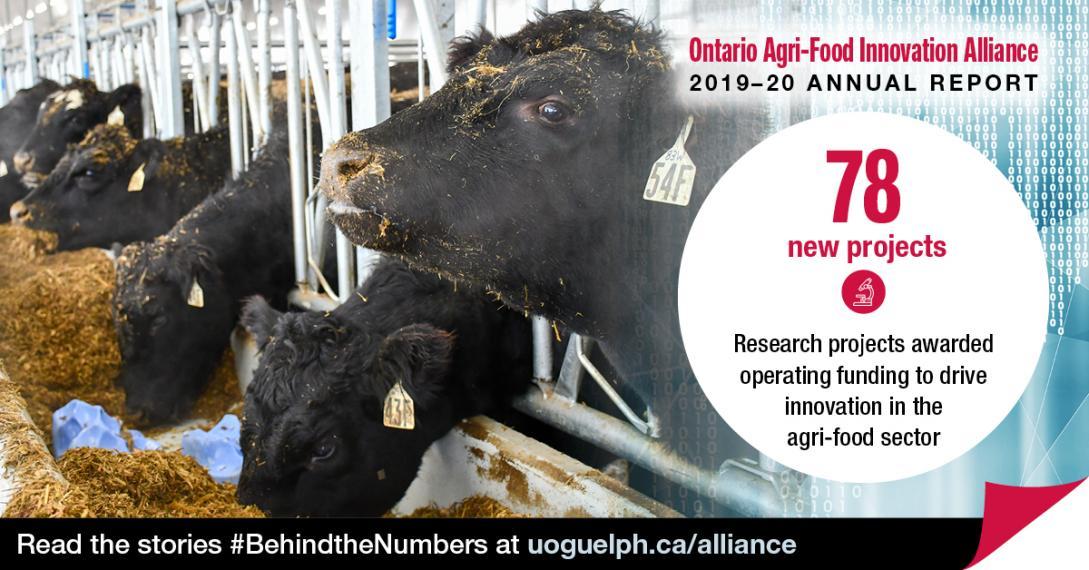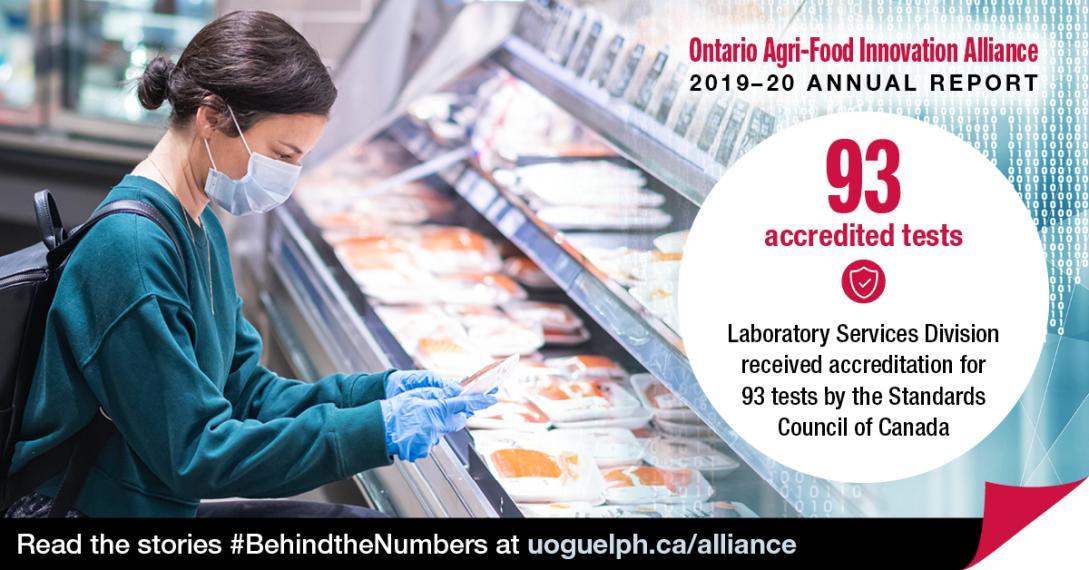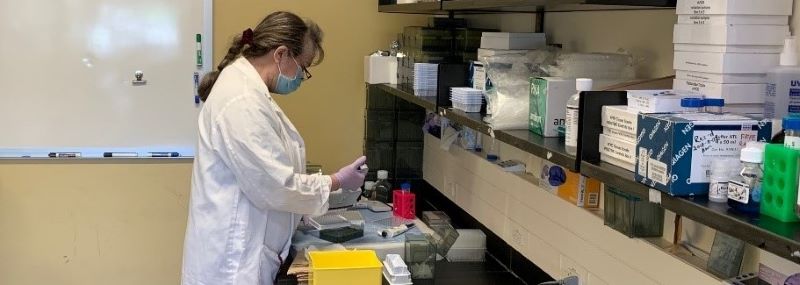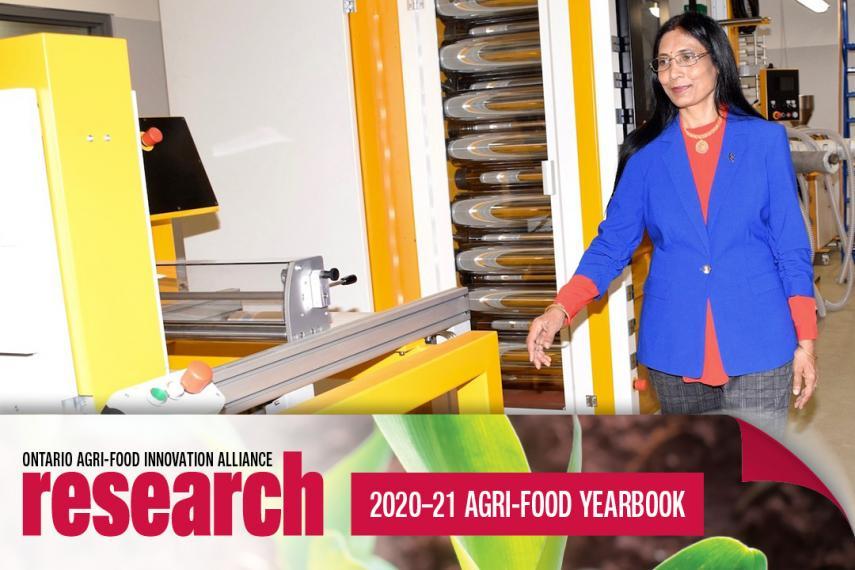
Biocomposites make vehicle manufacturing greener
Plastic has helped the automotive industry trim millions of kilograms of fuel-wasting weight from vehicles and keep production costs in check. But as the spotlight falls on other environmental aspects of car and truck manufacturing, the University of Guelph is showing leadership in creating eco-efficient materials that can further reduce costs and waste.
